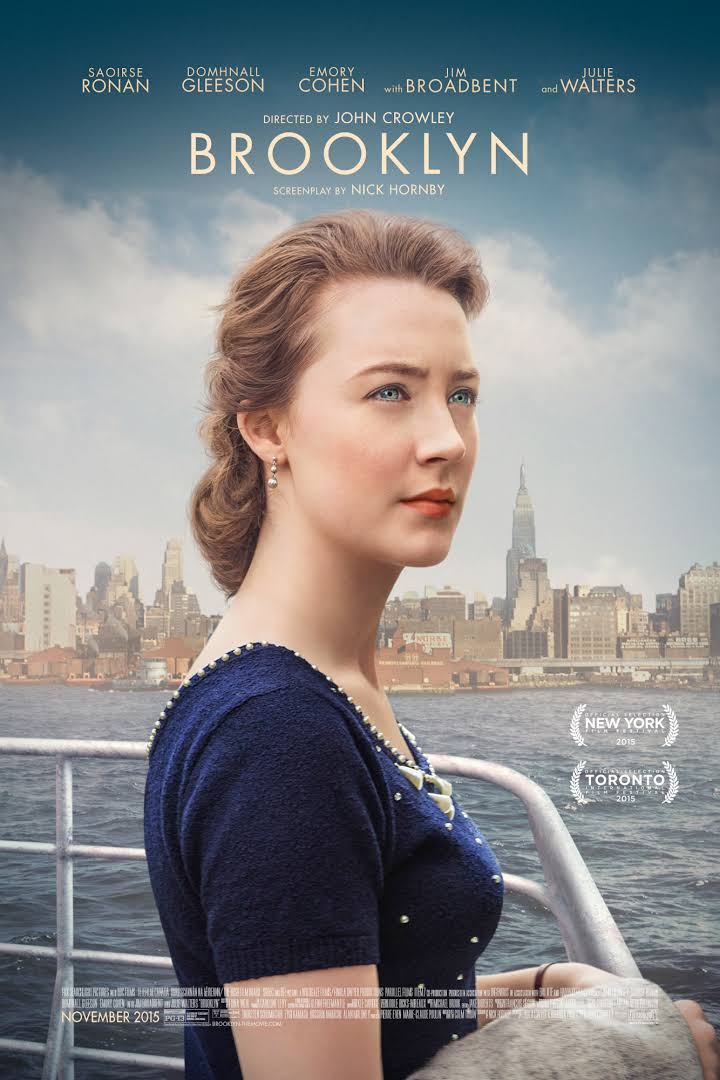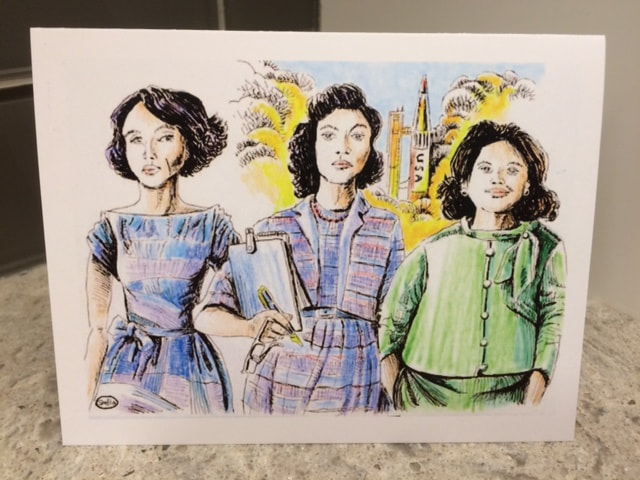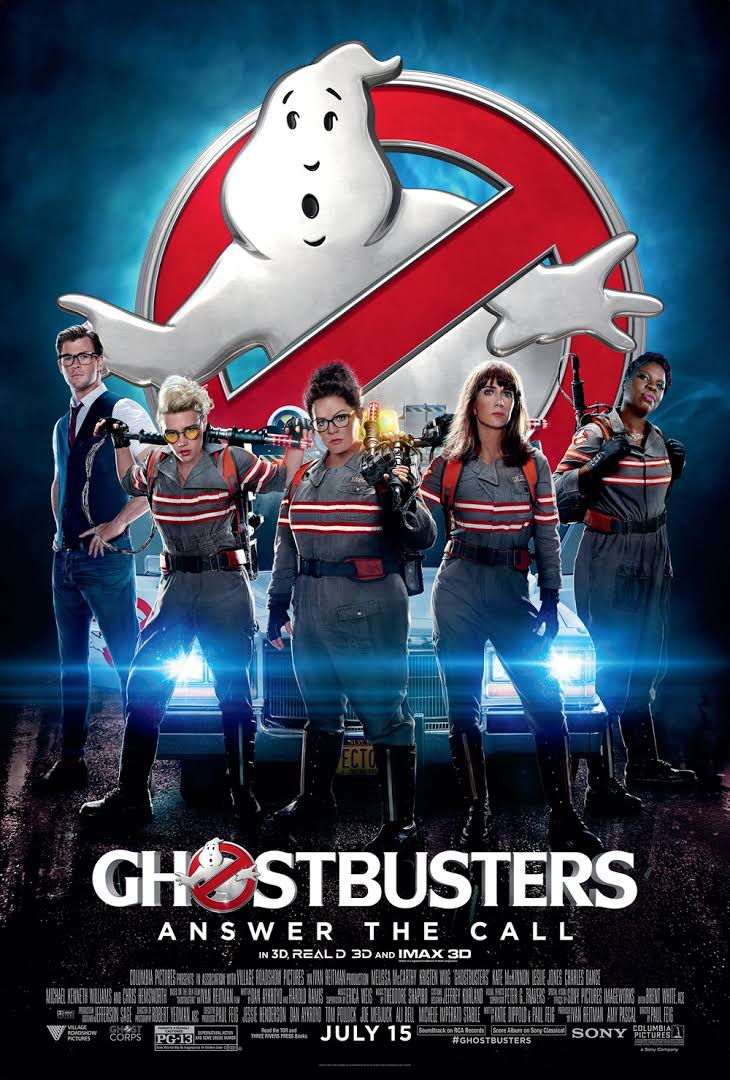|
Last weekend I counted up the movies I have already included in my upcoming book, which is now 626 pages (and counting). My index lists 305 movies, and I know there were some I forgot to add to the index when I wrote about them. My guess is that when all is said and done my book will include 350 movies!
© 2017 Alline Cormier
0 Comments
Blade Runner: 2049 (2017) scores very poorly for women's presence and voice. It is full of violence against women, as well as objectification, sexualization and silencing of women. It is not a hopeful movie for women like Hidden Figures (2016), a movie in which women have a real voice, like Suffragette (2015) and Wonder Woman (2017), or full of solidarity between women, like The Help (2011). Indeed, Blade Runner: 2049 excels at silencing women. For starters, the protagonist’s girlfriend is not a real woman but rather a virtual woman who only says “everything you [men] want to hear,” according to the ads for these artificial intelligence products. These virtual women are named Joi (sic) and only speak flattering, loving, reassuring words to their male owners. Unlike real women they are incapable of voicing dissatisfaction, frustration, anger or expectations. Women are also silenced permanently: the three lead female characters are murdered and a fourth woman, whose appearance lasts mere minutes, is also murdered by the god-like man who created her. The violence perpetrated against women in Blade Runner: 2049 is graphic. A man chokes a woman to death while holding her under water to drown her. This scene is long and includes several close-ups of her face. A woman stabs another to death and stamps out a third woman’s life, both before our eyes. A man cuts a woman open to kill her and shoots another in the head at close range for being unacceptable to him. Men’s deaths, on the other hand, are much less brutal. One is shot off-screen and another dies a peaceful death, lying on snow-covered steps, under the prettily falling snow. Women are also highly sexualized: viewers are shown several giant naked holograms and statues of women; and of the women with lines three are prostitutes, one is a virtual girlfriend called Joi and another is a synthetic woman called Luv. The filmmakers behind Blade Runner: 2049 seem to like their women naked and subservient. They also appear to enjoy watching women being murdered. Few recent movies are this insulting to women. Female viewers may feel the need, after watching it, to wash out their eyes and brain with an empowering movie, like Wonder Woman (2017) or 9 to 5 (1980). © 2017 Alline Cormier Movieland is must be a lonely place for women considering how few women inhabit it. In “real” life women have a mother, sisters, girlfriends, aunts, female cousins and colleagues they are friendly with. Sometimes we even have our grandmothers in adulthood. In movieland on the other hand women are typically alone in a world of men. For instance, take Wimbledon (2004), a love story starring Kirsten Dunst as the lead female and Paul Bettany as the lead male. Bettany has his brother, his father, his best friend Dieter and his male agent. For her part Dunst has no sisters, mother or girlfriends and her agent is a man. In fact, all she has in the way of contact with other women is rivals. This is not an atypical movie. It is the norm.
Thankfully the increasing number of women in film (behind the camera) is starting to change that. In movies like Brooklyn (2015), Suffragette (2015), Hidden Figures (2016), Ghostbusters (2016), Wonder Woman (2017) and Meditation Park (2017) women are often surrounded by other women. Female moviegoers will be happier with this new, fairer landscape. Unfortunately, there is still a very, very long way to go. These movies are exceptions. Most recent movies only just barely pass the Bechdel Test (a test that serves as an indicator of the active presence of women in movies) because female characters rarely speak to each other about something besides a man. For instance, this is the case in Inferno (2016), Skyfall (2012) and Spider-Man: Homecoming (2017). In Inferno the only time a woman speaks to another woman about something besides a man is when a woman introduces herself to Felicity Jones. In Skyfall (2012) the only time a woman speaks to another woman about something besides a man is when Judi Dench and Naomie Harris exchange less than 20 lines about a situation that also involves men, an exchange that lasts under two minutes. In Spider-Man: Homecoming female characters speak to each other (about something besides a man) for under one minute. Many movies still fail the Bechdel Test because no two named female characters ever speak about something besides a male. For example, this is the case for The Secret Life of Pets (2016). Many movies still fail the Bechdel Test because no two named female characters ever speak. This is the case for Kong: Skull Island (2017), Night at the Museum: Secret of the Tomb (2014), Fast & Furious (2009), Indiana Jones and the Crystal Skull (2008) and The Lord of the Rings: The Fellowship of the Ring (2001), to name just a handful. Women enjoy the company of women, and we have things to say to each other--things that do not involve men. Movies should reflect this. © 2017 Alline Cormier #Brooklyn #Suffragette #HiddenFigures #Ghostbusters #WonderWoman |
Categories |








 RSS Feed
RSS Feed